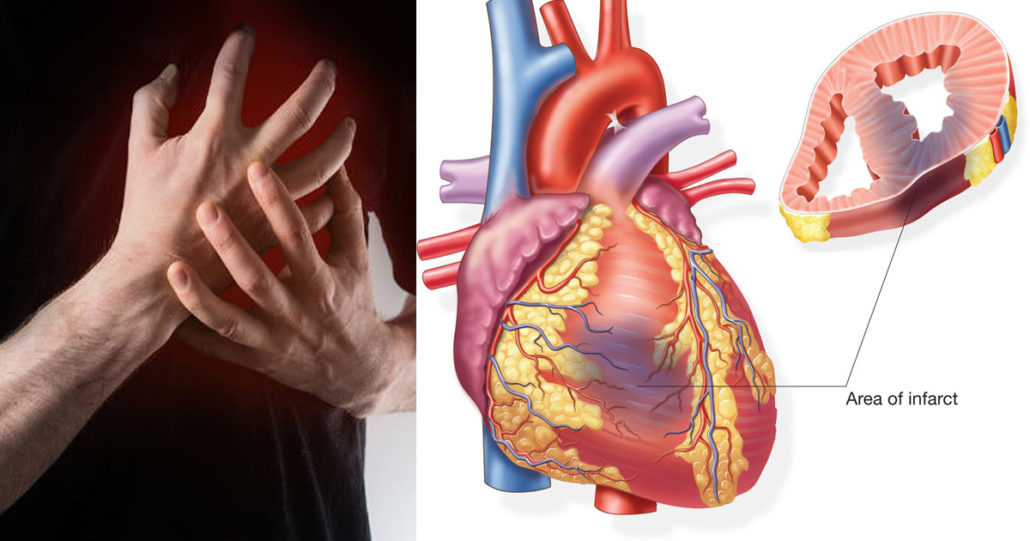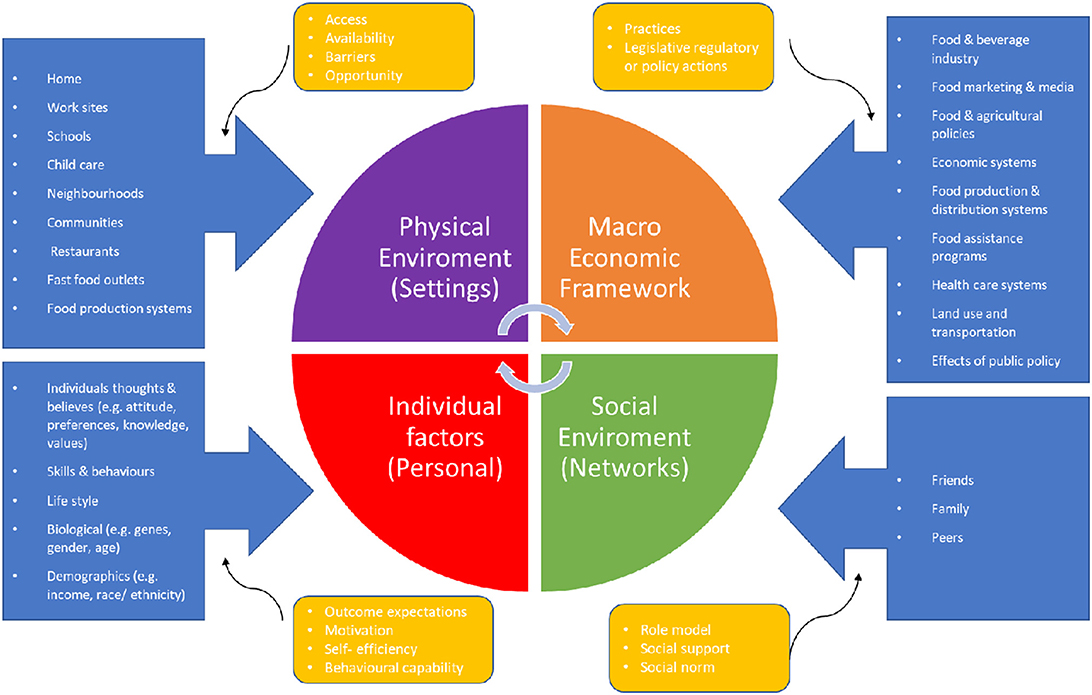Myocardial Infarction, more commonly referred to as a heart attack, is a medical condition whereby there is sufficient perfusion to a section of the muscular tissue of the heart due to various causes which in most cases are associated with a buildup of atherosclerotic plaques. These plaques often consist of a mixture of fat, cholesterol, and other cells and act as an obstruction on artery walls. The interruption of blood supply can lead to necrosis of muscle tissue in the heart. Such a condition is classified as a true medical emergency which requires immediate intervention; such intervention could be an autologous blood clot or the blockage becoming fused obstructing blood flow, which would be life threatening.;

Heart Attack Causes & Symptoms:
The primary risk factor is for CAD and what causes the heart muscle to become ischemic during an episode. Coronary artery disease (CAD) develops when plaques build up in the arteries that supply blood to the heart. When a plaque gives way, a thrombus can develop and occlude the artery so that parts of the heart muscle do not receive enough oxygen-rich blood. The symptoms of heart attacks vary: some patients complain of chest pain or discomfort (some with back pains), others post-exercise fatigue that doesn’t correlate to their fitness condition. However, it should be noted that Heartburn can be mistaken for a heart attack, and the patient may experience not the typical discomfort but rather unusual manifestations such as stomach problems, fatigue and general discomfort.
Treatments | Heart and Stroke Foundation
- Treatment includes antiplatelets and clot dissolving agents in addition to a surgical intervention which may include angioplasty
- Obesity is a serious public health issue which appears to be getting worse over time. Below are some facts about obesity.
Causes: The WHO report confirmed that the primary contributors to obesity are:
- Hereditary factors
- Unhealthy eating habits
- Physical Inactivity
- Sedentary behavior
- Sociocultural influences
- Some illnesses
- Various medications

Effects:
Some of the obesity-associated consequences include the development of:
- Diabetes Mellitus Type two
- Cardiovascular illnesses
- Cerebrovascular disease
- High blood pressure
- Colorectal cancers
- Weight-related disorders
- Obstructive sleep apnea
- Behavioral health disorders
Prevention and treatment:
In order to avoid gaining weight or keep delivering the necessary results, it is advised to:
- Follow a regular and appropriate diet
- Exert the body moderately at least 30 minutes 3 times weekly.
- In scenarios of stress, overweight issues
- Have a regular sleep cycle
- Maintain emotional well being
- Seek timely help from medical professionals




